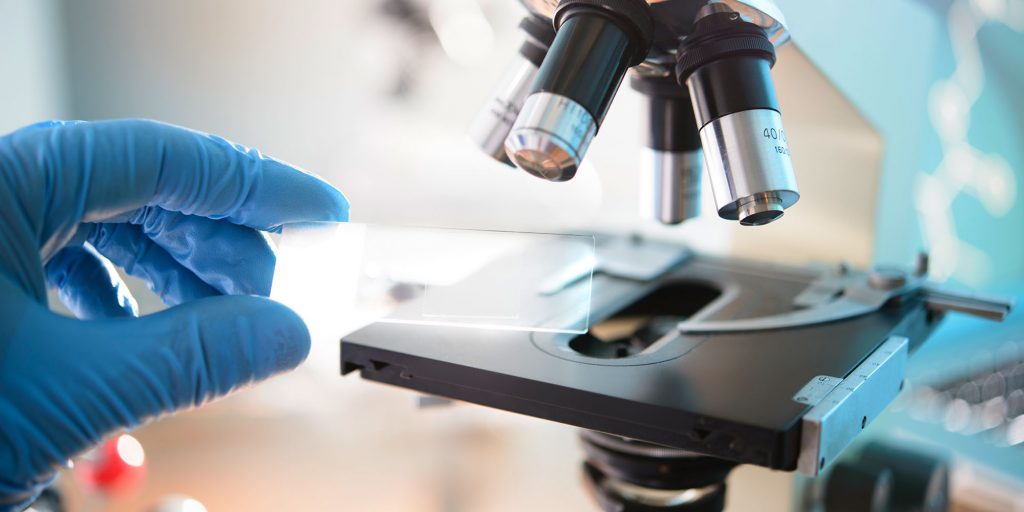How To Choose A Good Medical School? Understand Here
Entering a medical school is the dream of many students. However, the choice of place is as important as the selection of the course so that your professional goals become reality. The good part is that the second decision is already made, which allows you to focus your attention, at this moment, only on the educational institution to start your graduation.
Studying sarjana muda perubatan is something that involves a lot of students, especially with regard to discipline and perseverance. Therefore, nothing better than rewarding all this effort with the choice of a teaching place that offers all the necessary knowledge to become a good professional in the field.
How is the curriculum at the Faculty of Medicine?
As you can imagine, this is a course with a long curriculum. No wonder that medical students take, on average, 6 years to graduate, not counting medical residency, for those who want to specialize in a specific area, which requires another 2 or 3 years.
The Medicine lessons are both theoretical and practical. At the beginning of the course, the student will have contact with the necessary bases to understand all aspects that involve the care of human health.
The last 2 years of graduation concern the cycle called internship, in which students go through real experiences of what it is to be a professional in the field. Therefore, practical classes, patient care, activities in a hospital environment and supervision by other physicians are just a few examples of what to expect for this phase.
The main subjects of the curriculum, however, are the following, which form part of the necessary basis to continue the other subjects of the course. Check out more below!

Cellular and molecular biology
Cellular and Molecular Biology is a discipline that focuses on the structures of each cell in the body, as well as the processes that involve them. Thus, DNA and RNA molecules are one of the most studied in depth, as well as their replication, transcription and translation mechanisms, in order to relate them to their respective applications in the field of Medicine.
Biochemistry
If you do well in Chemistry, you will probably love taking this course. Along with Cellular and Molecular Biology, Biochemistry is a necessary discipline to understand how the metabolic processes of the human organism work and what can cause dysfunction in all these systems.
Physiology
Physiology, in general, studies the mechanisms necessary for the organism to function. This involves understanding the diverse processes of the cardiovascular, nervous, respiratory and excretory systems.
For this reason, in this discipline, you will study the Physiology, in addition to its possible pathologies, of different regions of the body, such as:
- Synaptic;
- Of biological membranes;
- Cardiac electrical;
- Circulatory;
- Pulmonary ventilation;
- Renal tubular;
- Voiding;
- Muscle; among many others.
Histology
Histology is a discipline that focuses on the microscopic study of the various tissues that make up the human body. This is useful to understand the different systems that keep the body functioning, as well as what can interfere with its self-regulation.
Immunology
In Immunology classes, you will learn more about the body’s defense mechanisms, and what happens when they are not working properly or when they do not support the interferences that occur in the body: the most varied pathologies.
Pathology
Very associated with Immunology, Pathology studies also integrate practically all the disciplines mentioned above. You will probably have contact with several Medicine books and literary sources that talk about this discipline.
Bioethics
This is another very important discipline for each and every health professional. Both Bioethics and Medical Ethics deal with the moral aspects and limits of Medicine in interfering with human life.



